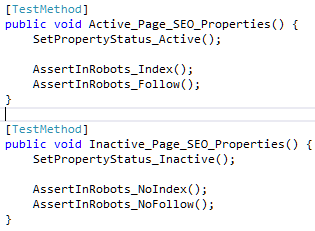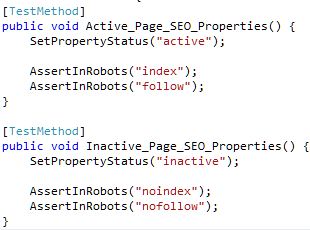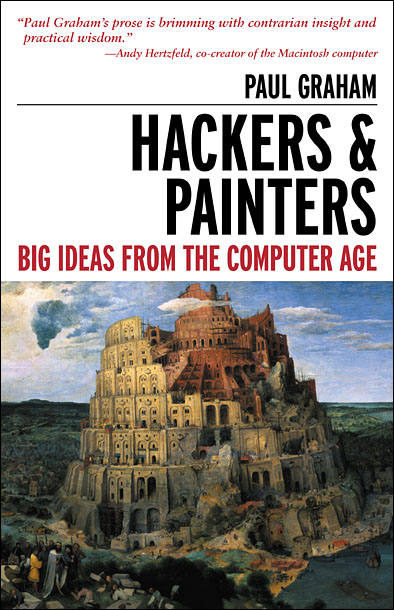Hi all,
I updated the blog with a new design. The old one was just the default wordpress theme, and I thought it would be nice to have something a little bit more custom. I personally like big fonts when reading blogs, so that’s what I went for. If you have any feedback, please let me know 🙂
Cheers,
-Freek


 I finished reading
I finished reading